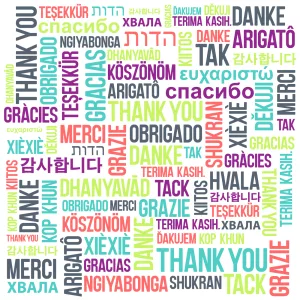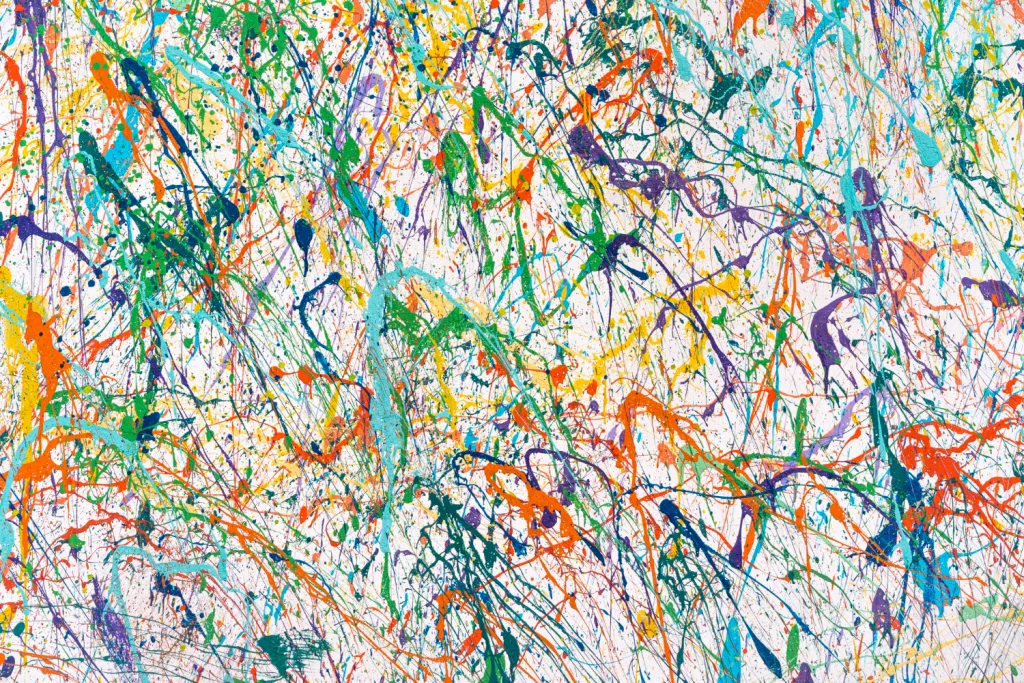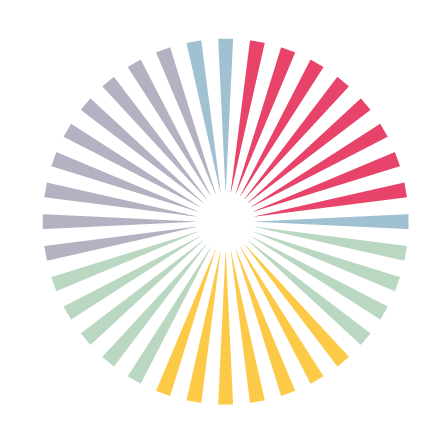Understanding the Power of Language in Today’s World
In our society, language goes beyond being a mere medium of communication. It wields the power to either nurture understanding or exacerbate divides, with the influence of major news outlets being palpable in shaping and sometimes, skewing narratives to align with distinct agendas. This dynamic tool, in the hands of media behemoths, has the potential to colour perceptions, craft narratives, and sometimes even rewrite reality in subtle strokes.
We need to look closely at these stories and understand why they are told in certain ways. This means thinking carefully about how language is used. The same story can be told in many different ways, changing how people think about it. It’s important to think critically about these stories to understand them better.

We need to question the stories we hear every day. This helps us understand the world better and with more kindness. For example, Western countries often describe their military actions as “liberation” or “peace efforts.” This sounds good, but if we look closer, we might see they have other reasons, like getting resources or political power. This is like what George Orwell called “doublethink” in his book “1984”. It means believing two opposite things at the same time, which can make reality seem confusing. This can lead to misleading stories that change what people think.

We should think about how these stories affect the world. They can change how countries get along, make laws, and how people in different countries see each other. We need to understand the real stories behind the words. This helps us build a society based on truth and encourages us to ask questions and think critically. This is important to avoid a future where language is used to control and deceive.
For example, Western media often calls policies from Eastern countries “authoritarian,” but those countries see them as protecting their culture and society. This is similar to “newspeak” in Orwell’s book, where limited language changes how people think.
In Africa, stories often show it as always having conflicts or as a promising market. This misses the real experiences of its people. A friend from Kenya told me how different his home is from these stories. He described a place where modern and traditional life mix in a united community. This shows how Africa is more than just problems or opportunities.
To understand these stories, we need to think deeply and try to find the real truths behind them. This means listening to different views and making an effort to understand them. By doing this, we can build a world that is more understanding and includes everyone’s stories.
By talking to people and learning about their experiences, we start to see how language shapes our world. Understanding the deeper meaning of words helps us build a kinder, more inclusive world and avoid a future where language is used wrongly.


Comments are closed.